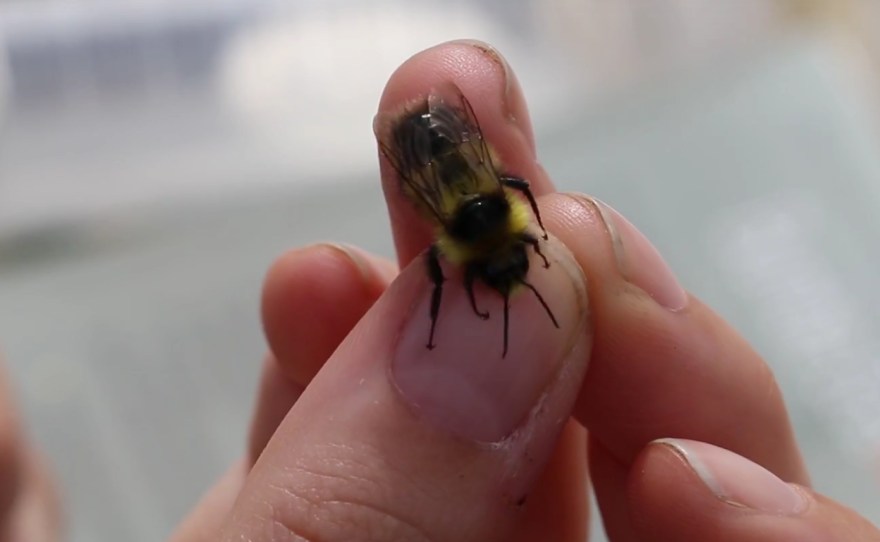University of California, Riverside researchers are recently back from a trip to Alaska where they collected samples of a hardy pollinator called Bombus polaris, the Arctic bumblebee.
Hollis Woodard led the effort and said it could help researchers understand how climate change affects harsh, but delicate ecosystems.
"What's going on with this bumble bee that's living in a place that's changing? It's warming more rapidly than any place else on earth. And it's been studied historically because it's exquisitely adapted to life in the arctic," Woodard said.
Warming conditions may be changing the rhythm of plant life and that could hurt the bees. The Arctic bee lives in a part of the world where climate change is happening fast.
"It's a really important charismatic microfauna, these bees. We want to know what's going on in this place," Woodard said. "And I think that can maybe tell us something about what's going on with pollinator populations in other parts of the world, that are changing. Maybe because of different reasons, but they are also declining there as well."
The bees are hardy and can survive in a harsh climate, but she said they are sensitive to changes. Samples of bees collected during the 1,000-mile journey will be the focal point of the research.






